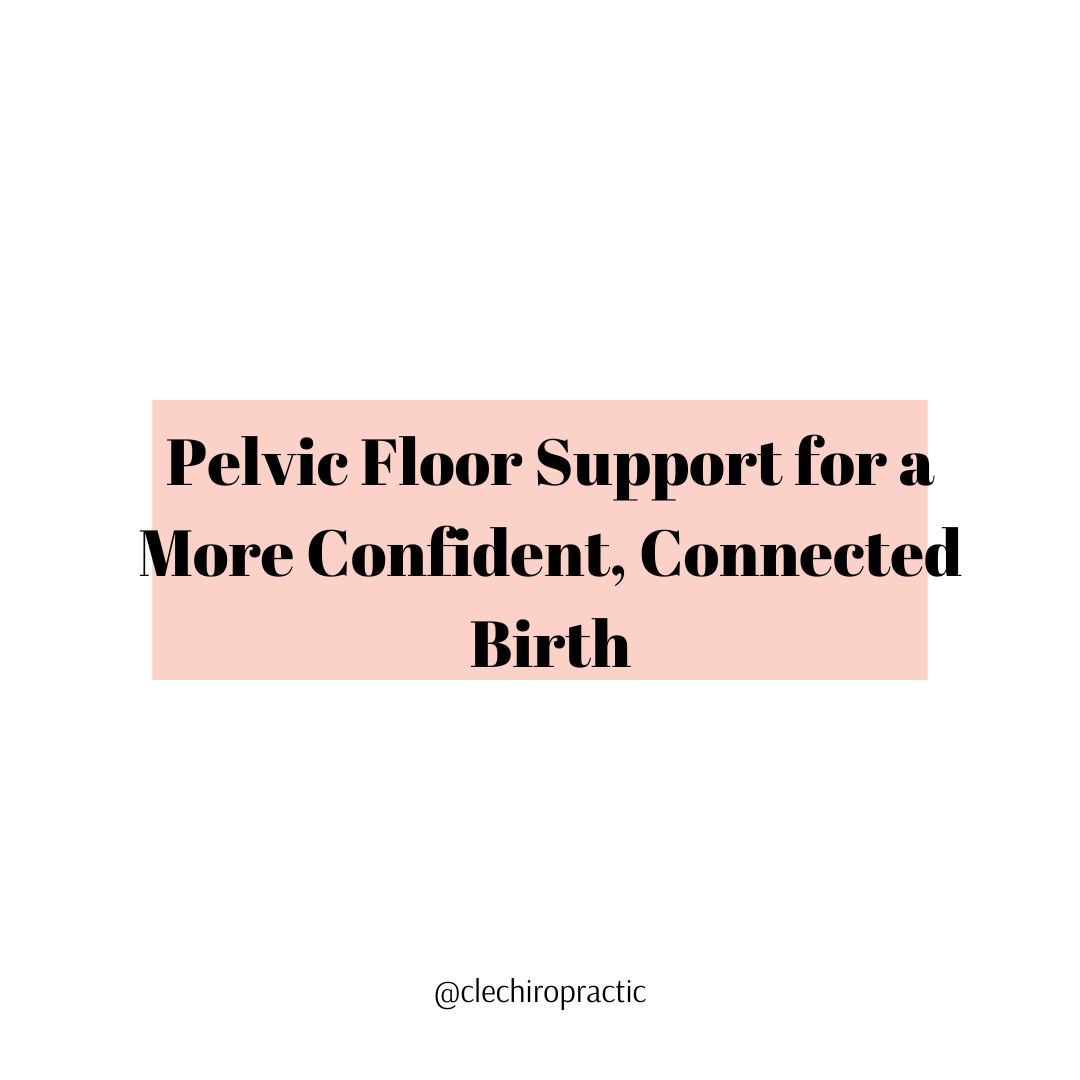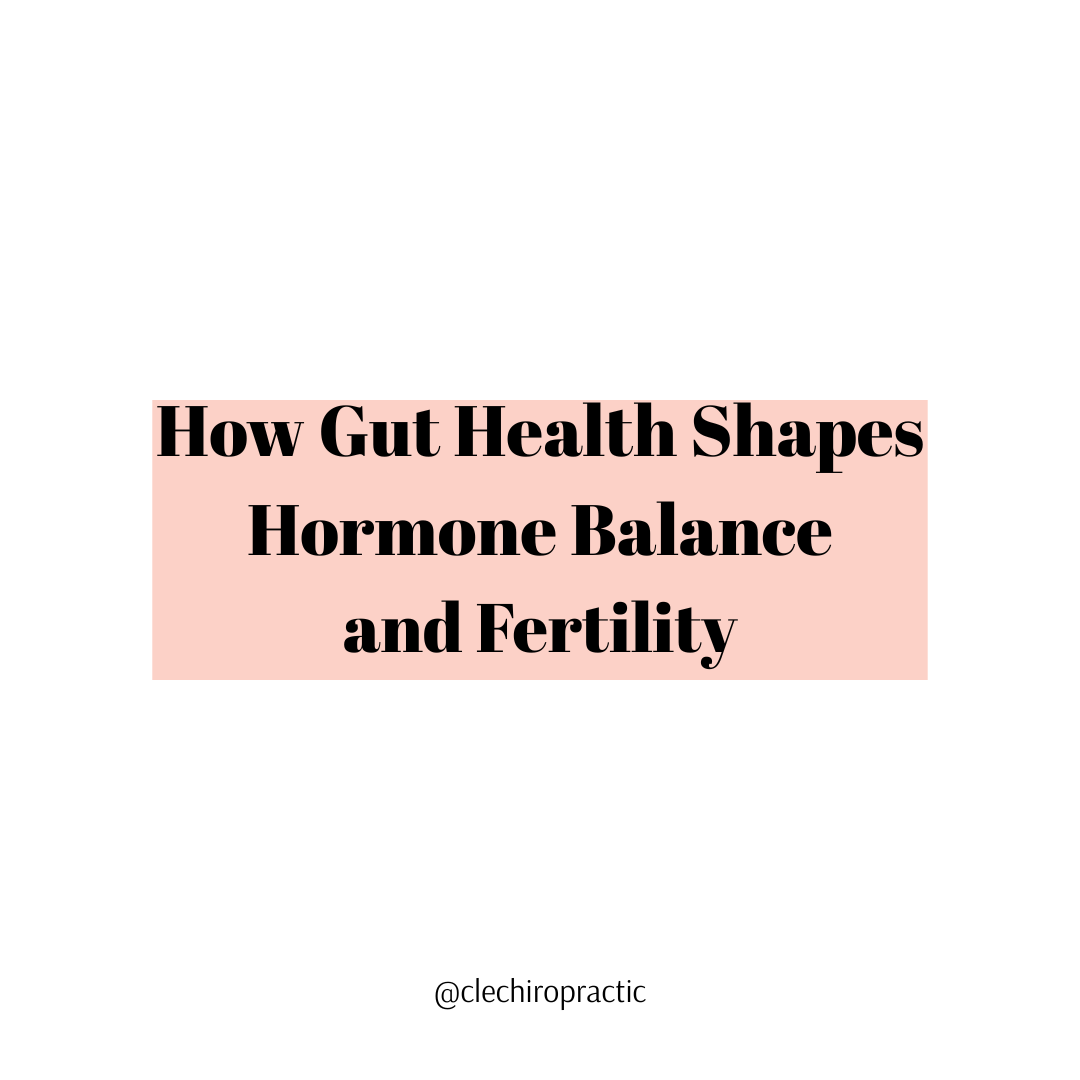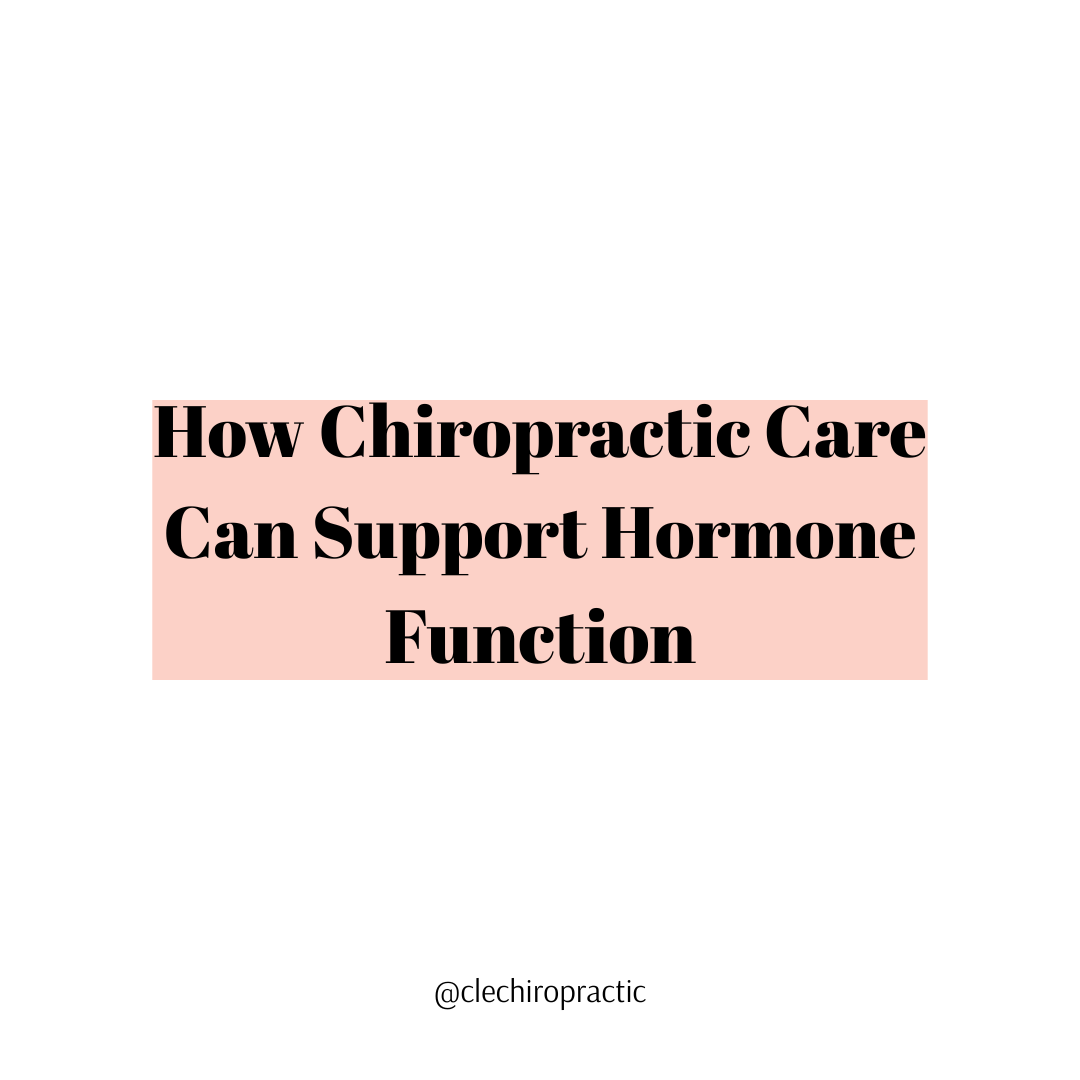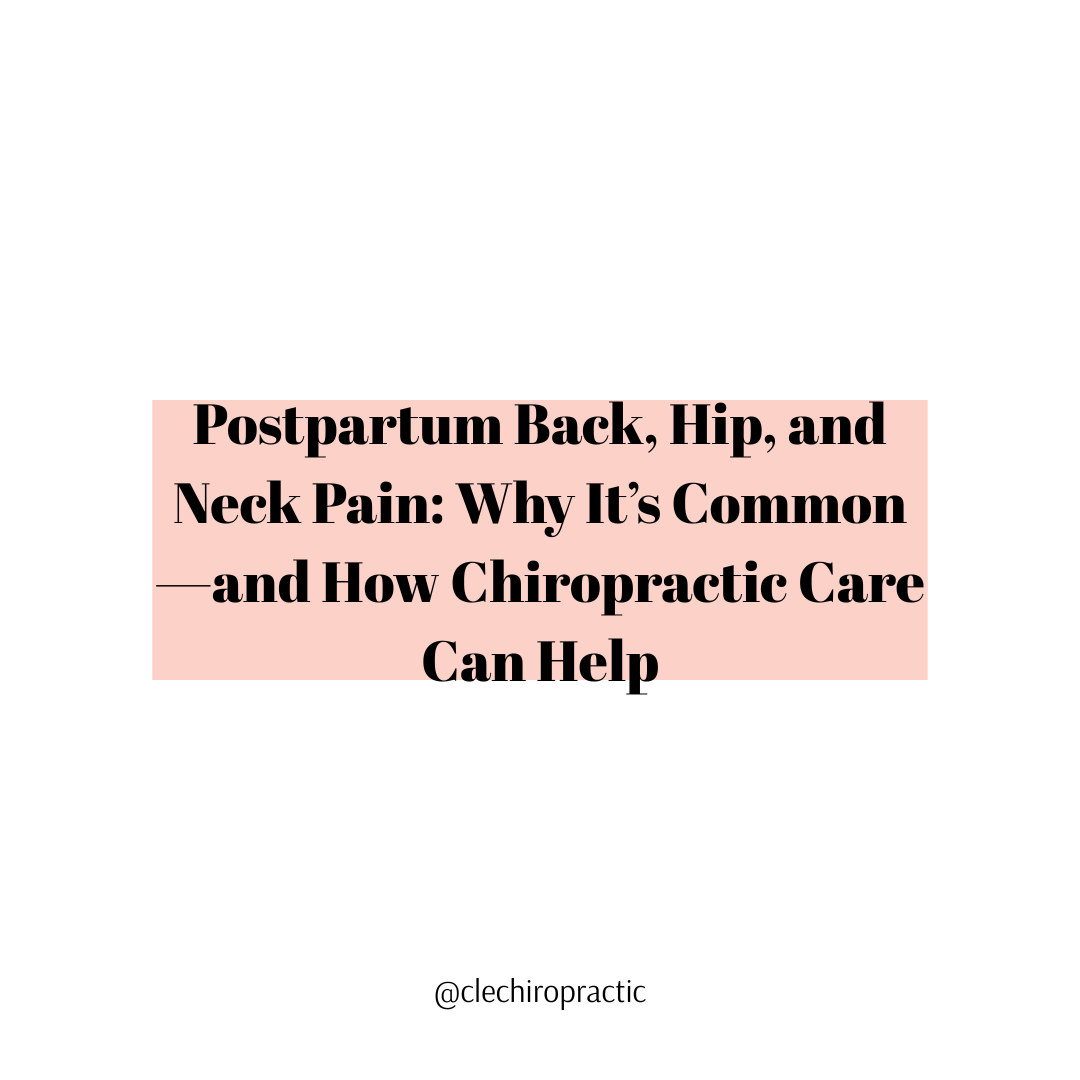The Silent Load Moms Carry:
How Motherhood Stress Shows Up in Your Body
Mama, you’re doing your best. You’re showing up every day, doing all the things, and juggling more than anyone really sees, all while loving with all your heart.
But there’s this weight, this tension, that keeps following you, that keeps you from feeling yourself. Those tight shoulders. The exhaustion and fatigue. The mental load. That voice in your head that says “I should be doing more” or “Why isn’t this enough?”
Often we call this stress “mom stress” or “mom burnout” and it’s not just a mindset. It’s something your body feels, holds, and stores over time. Often “mom guilt” shows up when it feels like you’re falling short, even when you’re doing everything you can and doing your best.
There’s the pressure to:
● Always be present, yet patient
● Do it all and never complain
● Never need or want a break
● “Bounce back,” stay calm, keep it together
● Keep up with “all the things”
● Be “perfect”
Sound familiar?
This emotional load doesn’t just weigh on your heart and your mind, but it also creates chronic tension and physical symptoms in the body, too.
When constantly in a state of busy-ness/always on the go, keeping track of the never ending to-do list, or stuck with self-doubt, the nervous system can get stuck in fight-or-flight mode. This get exhausting and affects more than just your mental health.
Over time, this stress can look like:
● Tight shoulders and jaw clenching
● Headaches or digestive issues
● Low back pain or pelvic floor tension
● Racing thoughts or fatigue that sleep doesn’t fix
● Feeling disconnected from your body
Your body isn’t broken or dysfunctional; these are warning signals and signs your body is crying out for help. Chronic stress without regulation leads to wear and tear physically, mentally, and emotionally.
The beautiful thing about the body? It knows how to heal…it was designed and made to heal. It just needs the right support. That’s where holistic care comes in!
Here are some ways to support your body through motherhood to help reduce the stress and tension your body is carrying and help provide relief and balance:
1. Chiropractic Care
Gentle, nervous system-focused chiropractic doesn’t just help with aches and pains, it helps regulate your stress response and calm your nervous system. When we remove physical tension and interference, your body can finally shift out of survival mode and into healing.
2. Massage Therapy
Massage isn’t just a luxury…it’s a way to release stored tension, reset your nervous system, and reconnect with your body in a nurturing, relaxing way. It can be a welcome break from the active, stressful mom-life.
3. Acupuncture
Emotional stress disrupts the body’s energy flow. Acupuncture may help restore balance, reduce anxiety, decrease tension, and support better sleep and mood regulation which are all essential for moms who are constantly “on.”
4. Pelvic Floor Therapy
The pelvic floor responds to stress, trauma, and emotional load just like any other part of the body by bracing, tightening, or disconnecting. Pelvic floor therapy helps you release physical and emotional holding patterns and rebuild function with your body.
5. Physical Therapy
Physical therapy can help women reconnect with their bodies, reduce pain, and restore strength, especially after pregnancy, birth, or long periods of physical strain. From rehabilitation therapy to core stabilization and posture support, it’s a powerful tool for healing and thriving in motherhood.
So no, you’re not “just tired.” Your feelings are valid. Your tension is real. You don’t have to carry it all alone or carry it all inside.
Holistic care is about seeing your body as a whole, not just the symptoms. We’re here to help you feel grounded, reconnected, and supported in your motherhood.
We support women as they are journeying through life to heal, function, and thrive. Through chiropractic, soft tissue therapy, acupuncture, massage, craniosacral therapy, pelvic floor therapy, and physical therapy, we are here to help your body reduce tension, improve function, and feel better overall.
Let us help you release the stress and tension that your body has been holding. You don’t have to do it all, and you don’t have to do it alone. Let’s walk this healing journey together.
In health and blessings,
Dr. Abbey
@clechiropractic
clechiropractic.com
216-952-3830





